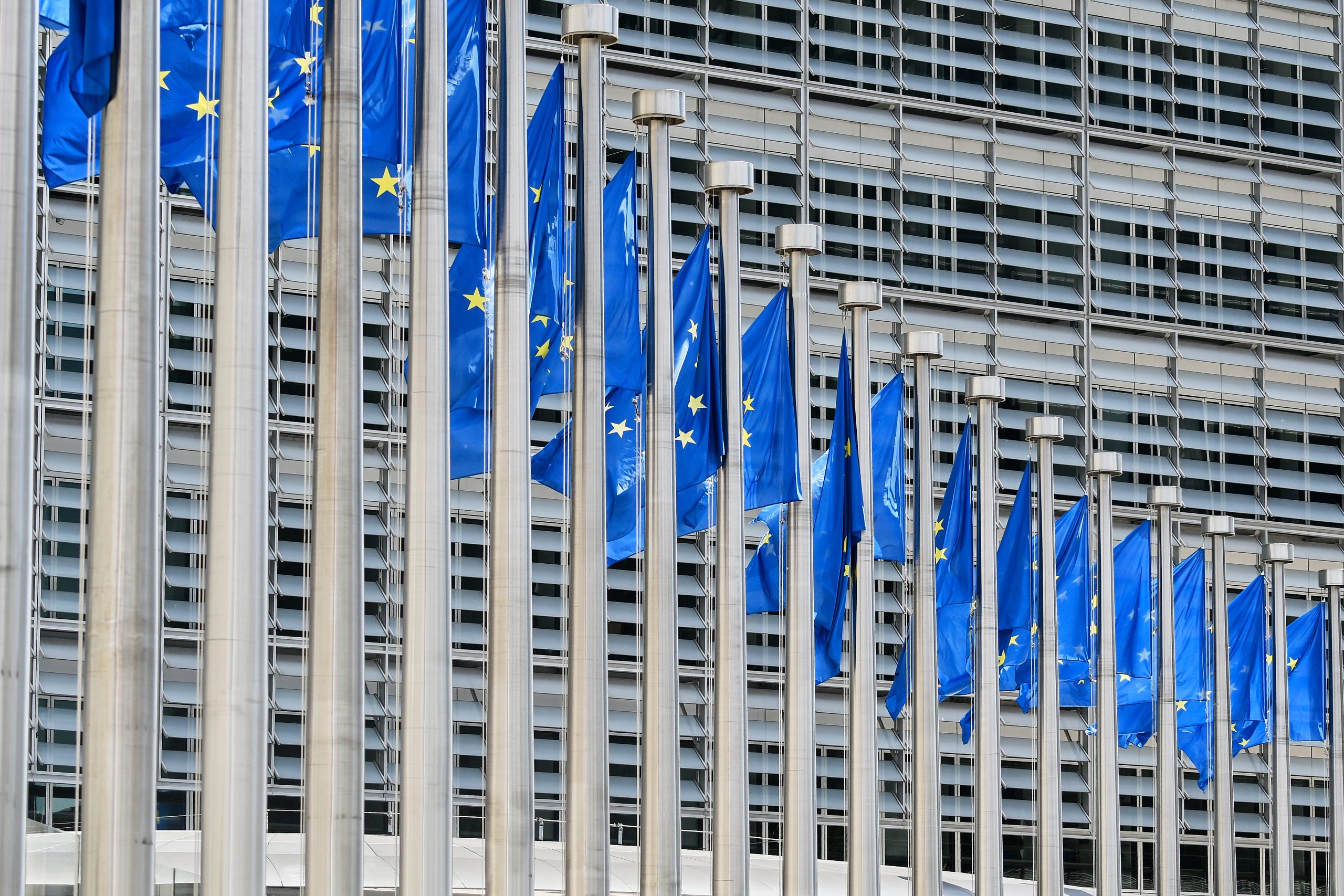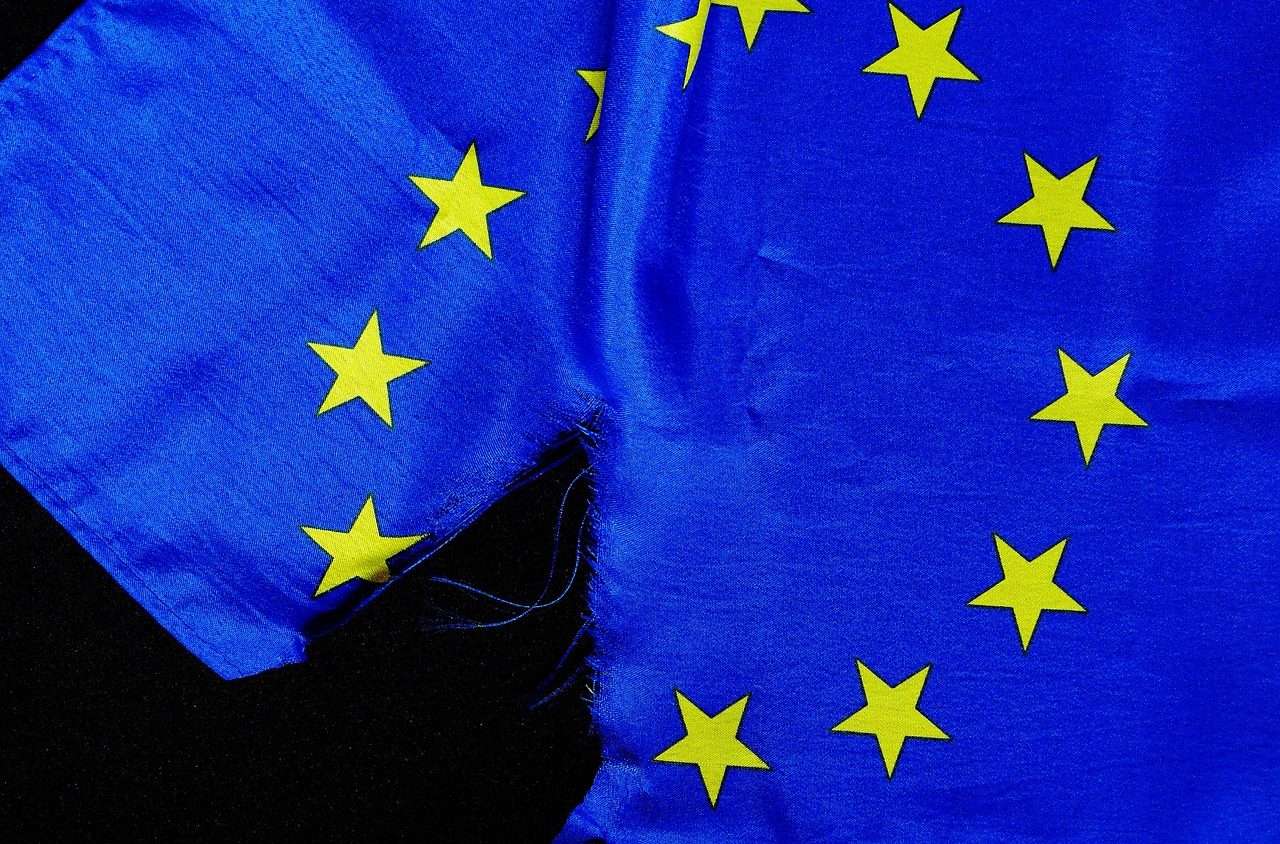
The three big fundamental causes of inflation have been resolved, according to Márton Nagy.Continue reading

There is no substantive legal solution for Member States to assert budgetary claims against the European Union, Bernadett Petri, a researcher at the XXI Century Institute, told Magyar Nemzet. The researcher said this in the context of suggestion that if Hungary does not receive EU money, it should suspend payments to Brussels.
Bernadett Petri added that there is no legal solution to what happens if the EU does not manage its finances properly, which has been raised by member-states several times recently. The expert said it would be a proportionate step if the EU institutions’ management were scrutinized in the same way Brussels holds individual member states to account.
There are many ways to take action against mismanagement by member-states, such as the infringement procedure or the rule of law conditionality mechanism, which has led to the suspension of funds to Hungary. This would through a reverse mechanism allow member-states to take action against the institutions, but there is no precedent for this. The Hungarian government’s aim would be to ensure that the EU institutions are held accountable for proportionate and lawful management. Such a framework could include a measure allowing a member state to scrutinize its contribution to a budget that applies inappropriate management principles,” Bernadette Petri said.
She stressed that the EU has the legal basis to enforce member states’ obligations, i.e. to collect the money, but that if the opposite were true, Hungary would be in breach.
This is why the Hungarian government has not chosen this path so far, because in legal terms it is our obligation to provide the contribution,
the researcher pointed out.
She added that if there is such a move and it is enforced against Hungary by the European Union in some legal proceedings, they will rule against Hungary based on the rules and the case law of the European Court of Justice.
It is no coincidence that the government has put on the agenda of the EU Presidency the accountability of EU institutions to the rule of law and the development of legal solutions to this end,
with the aim of creating a legal framework for the accountability of EU institutions, she said.
Bernadette Petri recalled that the European Union’s budget includes a higher proportion of own resources than before, mostly from levies collected, but also a significant contribution from individual countries. The latter come from three sources: a share of gross national income (GNI), a share of value added tax (VAT) contributed by Member States, and other revenue such as levies on non-recycled plastic waste. EU law lays down very strict treaties on what member states have to pay and how the money is paid,” she said, explaining the background to the funds.
Featured Image: Pixabay